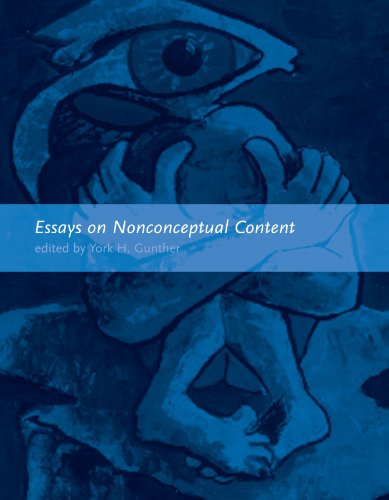

Most ebook files are in PDF format, so you can easily read them using various software such as Foxit Reader or directly on the Google Chrome browser.
Some ebook files are released by publishers in other formats such as .awz, .mobi, .epub, .fb2, etc. You may need to install specific software to read these formats on mobile/PC, such as Calibre.
Please read the tutorial at this link: https://ebookbell.com/faq
We offer FREE conversion to the popular formats you request; however, this may take some time. Therefore, right after payment, please email us, and we will try to provide the service as quickly as possible.
For some exceptional file formats or broken links (if any), please refrain from opening any disputes. Instead, email us first, and we will try to assist within a maximum of 6 hours.
EbookBell Team

4.3
58 reviewsAccording to the widespread conceptualist view, all mental contents are governed by concepts an individual possesses. In recent years, however, an increasing number of philosophers have argued for the indispensability of nonconceptual content based on perceptual, emotional, and qualitative experiences; informational and computational states; memory; and practical knowledge. Writers from disciplines as varied as the philosophy of mind, cognitive science, artificial intelligence, epistemology, linguistics, religious psychology, and aesthetics have challenged conceptualism.
This book offers some of the most important work on nonconceptual content in the philosophy of mind and psychology. It is divided into four parts. Part 1 presents influential positions that have helped to shape the contemporary debate. Part 2 focuses on arguments informed specifically by the naturalization of intentionality or the characterization of computational structure. Part 3 offers various attempts at motivating the need for nonconceptual content based on experiential phenomena such as perception, emotion, and memory. Finally, part 4 considers whether nonconceptual content can be used to explain the behavior of entities lacking conceptual capacities in addition to the actions of individuals possessing concepts.